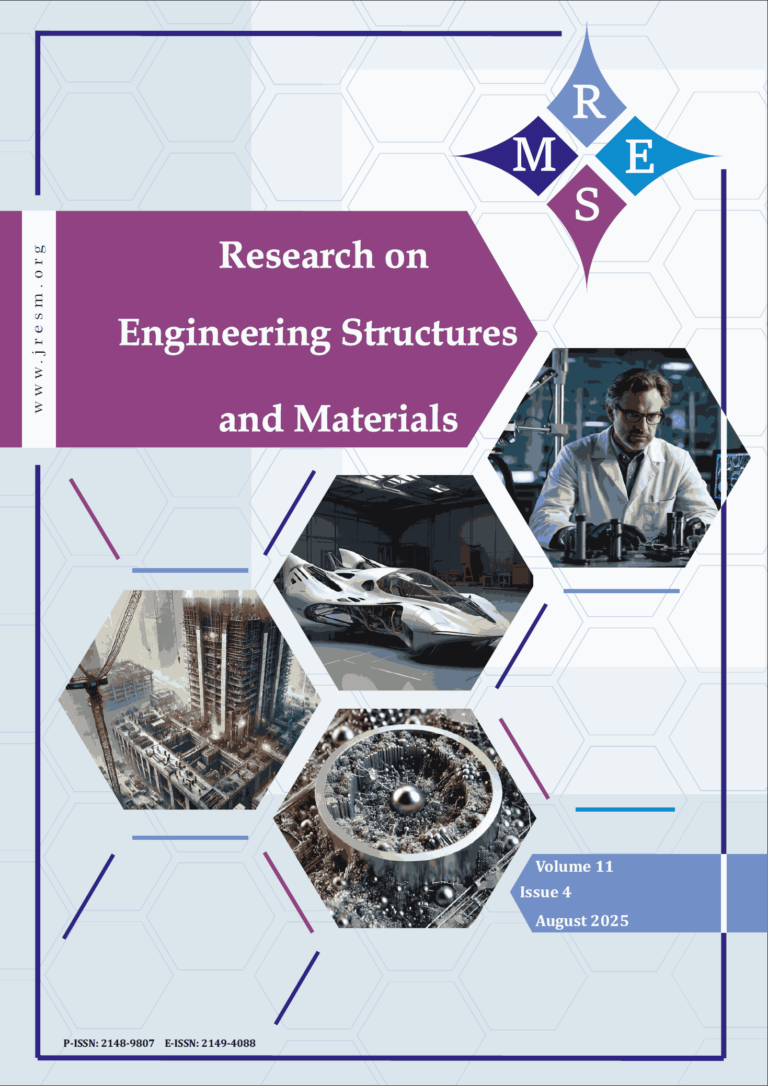The use of natural fiber BSKP (Areca Nut Fiber) as a sustainable reinforcement in concrete is promising due to its mechanical properties and biodegradability. However, the hygroscopic nature of BSKP increases the viscosity of the concrete mixture, which affects workability and homogeneity. To overcome this, superplasticizer (SP) is used as a chemical admixture to improve fluidity without altering the water-to-cement ratio, thus supporting cement hydration and strength development. This study investigates the effect of varying BSKP concentrations combined with a fixed SP dosage on compressive strength using Box-Behnken Design within the Response Surface Methodology to optimize the mix. Experiments used BSKP at 2.0, 2.5, and 3.0% by cement weight with a fixed SP dosage of 2.1%. Compressive strength was tested at 7 and 28 days following ASTM C39. The BBD method within Response Surface Methodology (RSM) optimized material proportions. Results showed 2.0% BSKP + 2.1% SP achieved optimal performance with 26.445 MPa at 28 days and a desirability score of 0.542. Increasing BSKP to 3.0% reduced strength to 22.379 MPa due to impaired cement hydration. Statistical analysis confirmed SP’s significant effect (coefficient = 6.4884, p < 0.01). Model validation indicated high predictive reliability (Adjusted R² = 0.8953, Predicted R² = 0.8665). In conclusion, the combination of 2.0% BSKP and 2.1% SP effectively enhances compressive strength while maintaining workability. The Box-Behnken Design within the RSM framework proved useful in optimizing material proportions. These findings support the development of durable, eco-friendly natural fiber-reinforced concrete and offer practical guidance for sustainable concrete formulation.
